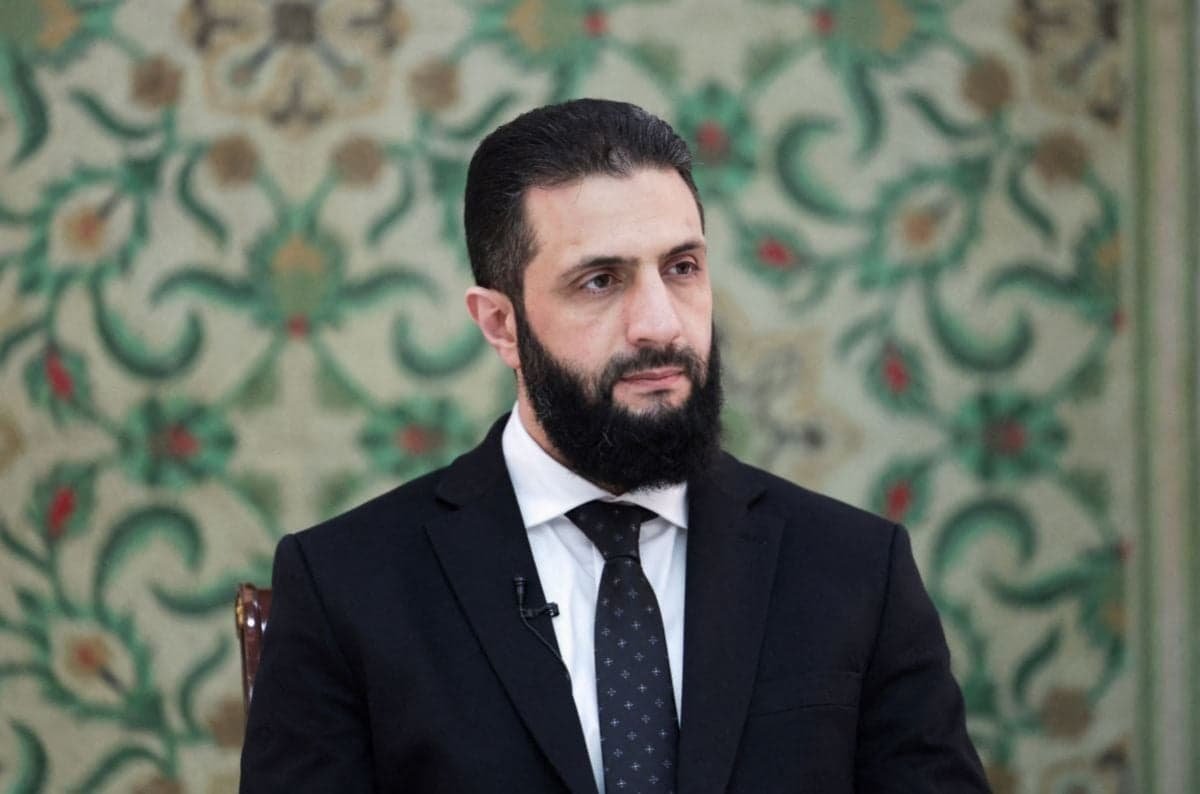Syrian President Ahmed al-Sharaa has categorically ruled out joining the Abraham Accords, asserting that Syria’s enduring conflict with Israel sets it apart from other Arab states involved in the normalization agreements. In a statement to journalists, al-Sharaa stressed that while Syria pursues a “zero-problems” policy toward its neighbors, formalizing ties with Israel remains off the table because of the entrenched occupation of the Golan Heights, a factor he said fundamentally distinguishes Syria’s position from that of the UAE, Bahrain, Sudan, and Morocco, which signed the accords in 2020.
Instead of normalization, al-Sharaa emphasized Damascus’ focus on restarting the 1974 UN-brokered Disengagement Agreement, seeking stability in southern Syria under international supervision. He also highlighted plans for his first participation in the UN General Assembly in September, marking what he calls a signal of Syria’s gradual reintegration into international diplomacy.
These remarks come amid recent speculation around a possible shift in Syria’s stance. Earlier this year, U.S. lawmakers, including Representatives Cory Mills and Martin Stutzman, reported that al-Sharaa expressed openness to joining the Abraham Accords—contingent upon certain conditions, such as halting Israeli strikes on Syria and addressing the Golan Heights dispute. Israel, too, reportedly engaged in indirect, UAE-mediated talks with Syrian officials regarding potential normalization, including participation in the Abraham Accords.
Yet al-Sharaa’s recent comments underscore a definitive line: Syria’s situation with key territory under occupation cannot be equated with other participants in the Abraham Accords. Constructive regional relations remain a goal, but peace and normalization with Israel are conditional and must account for core sovereignty issues.





